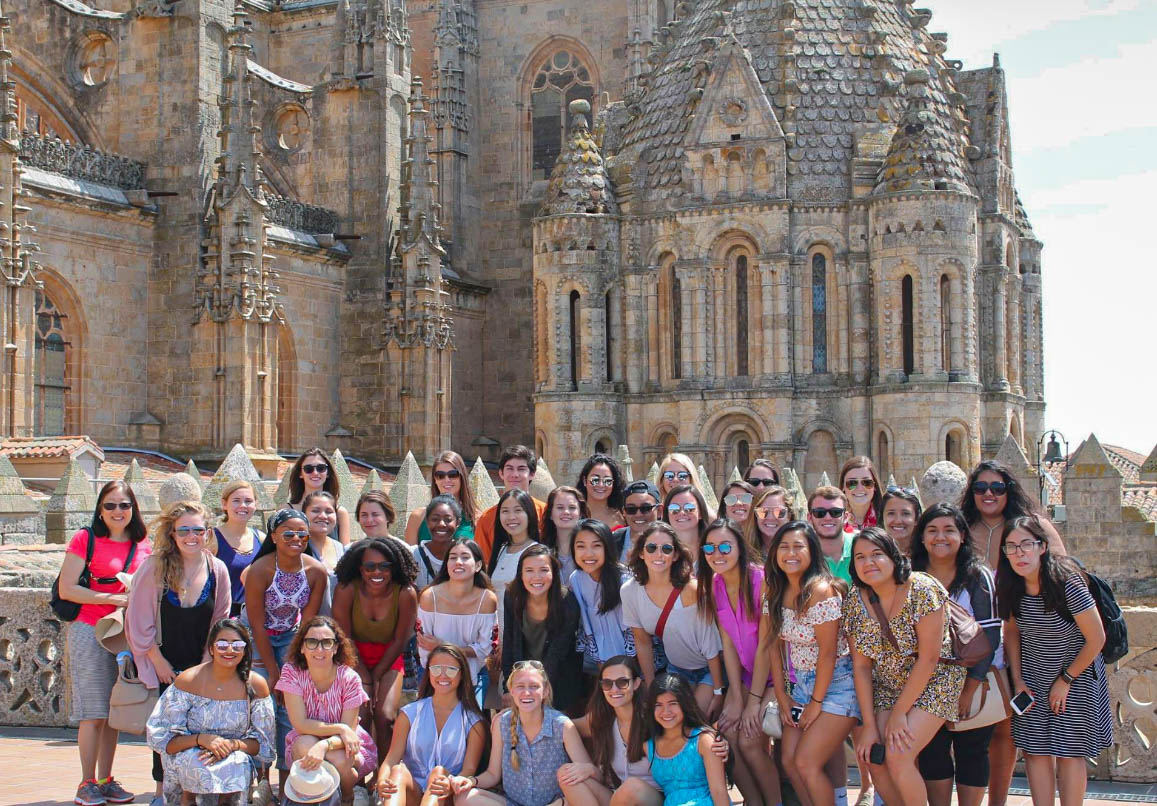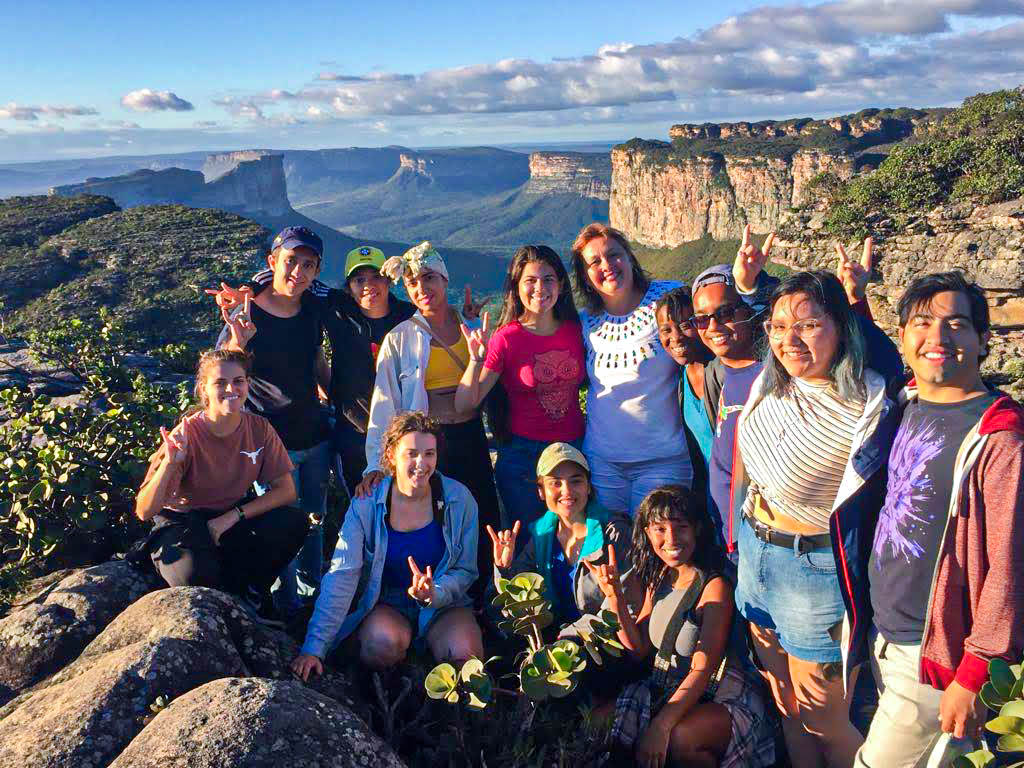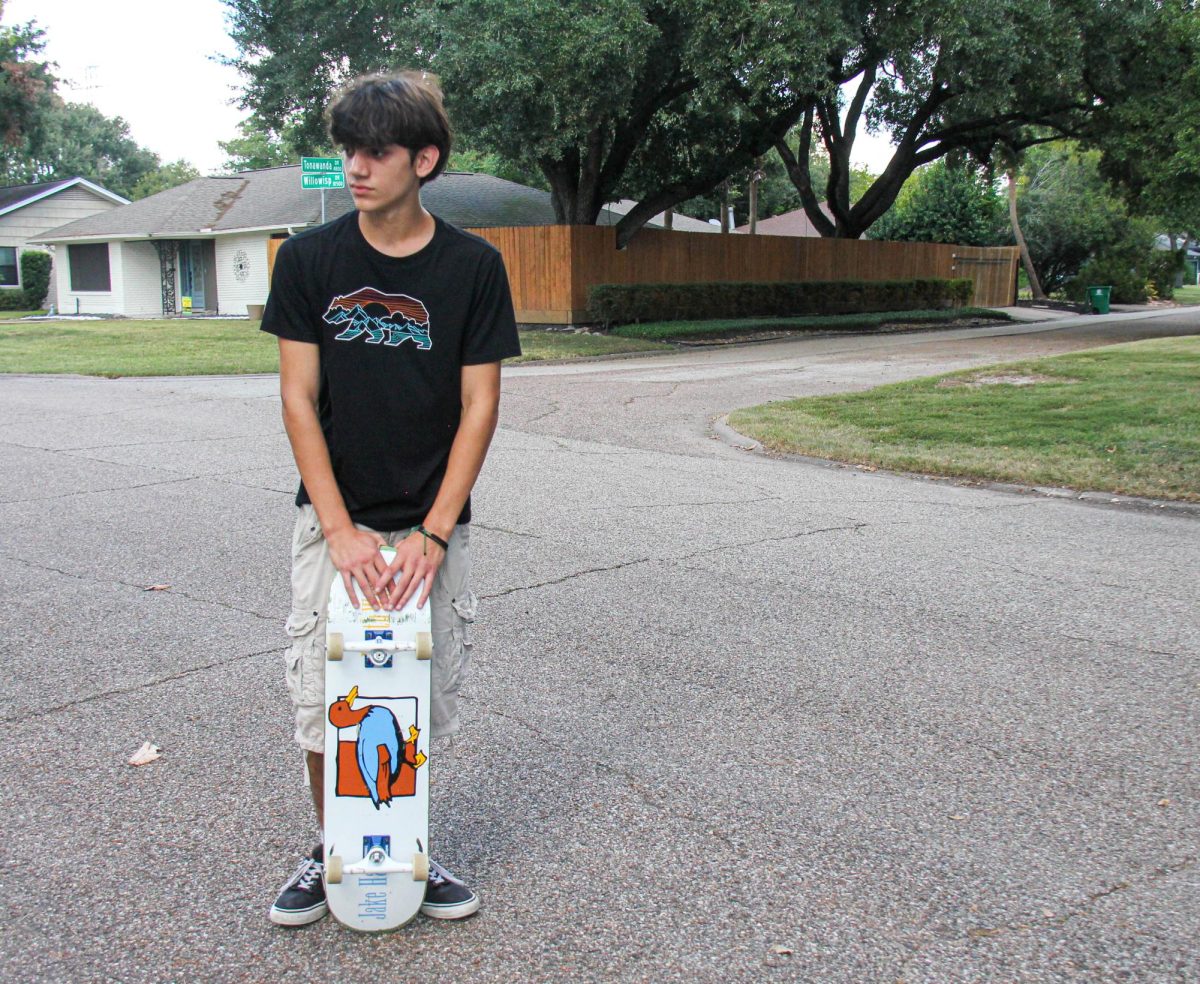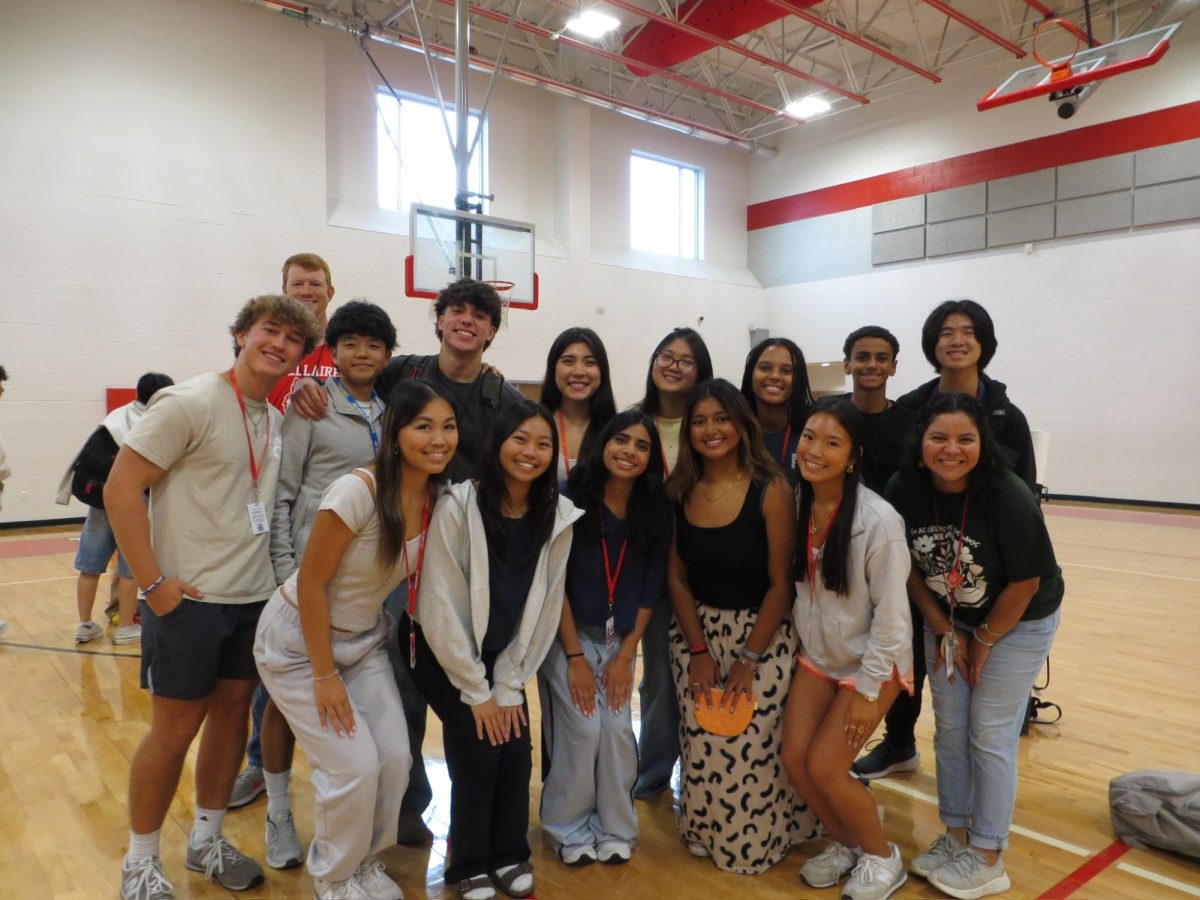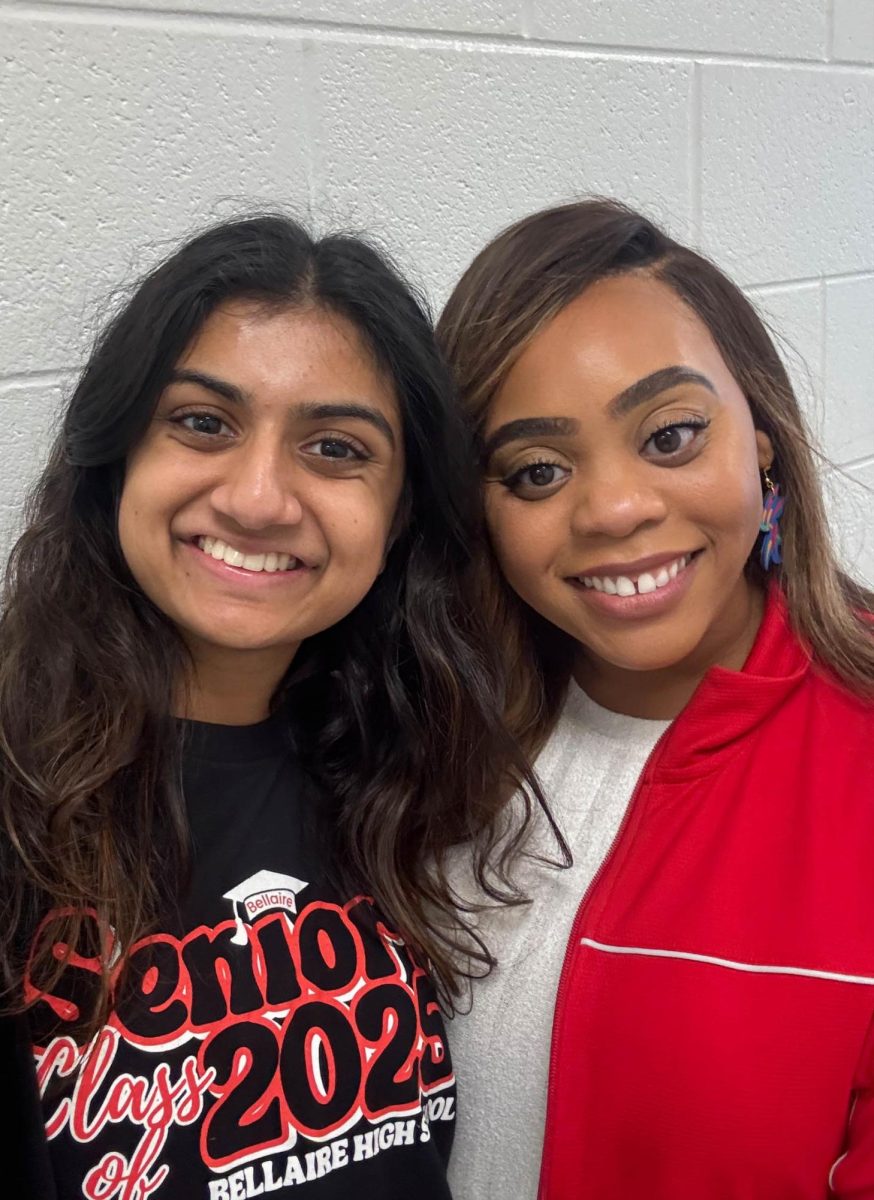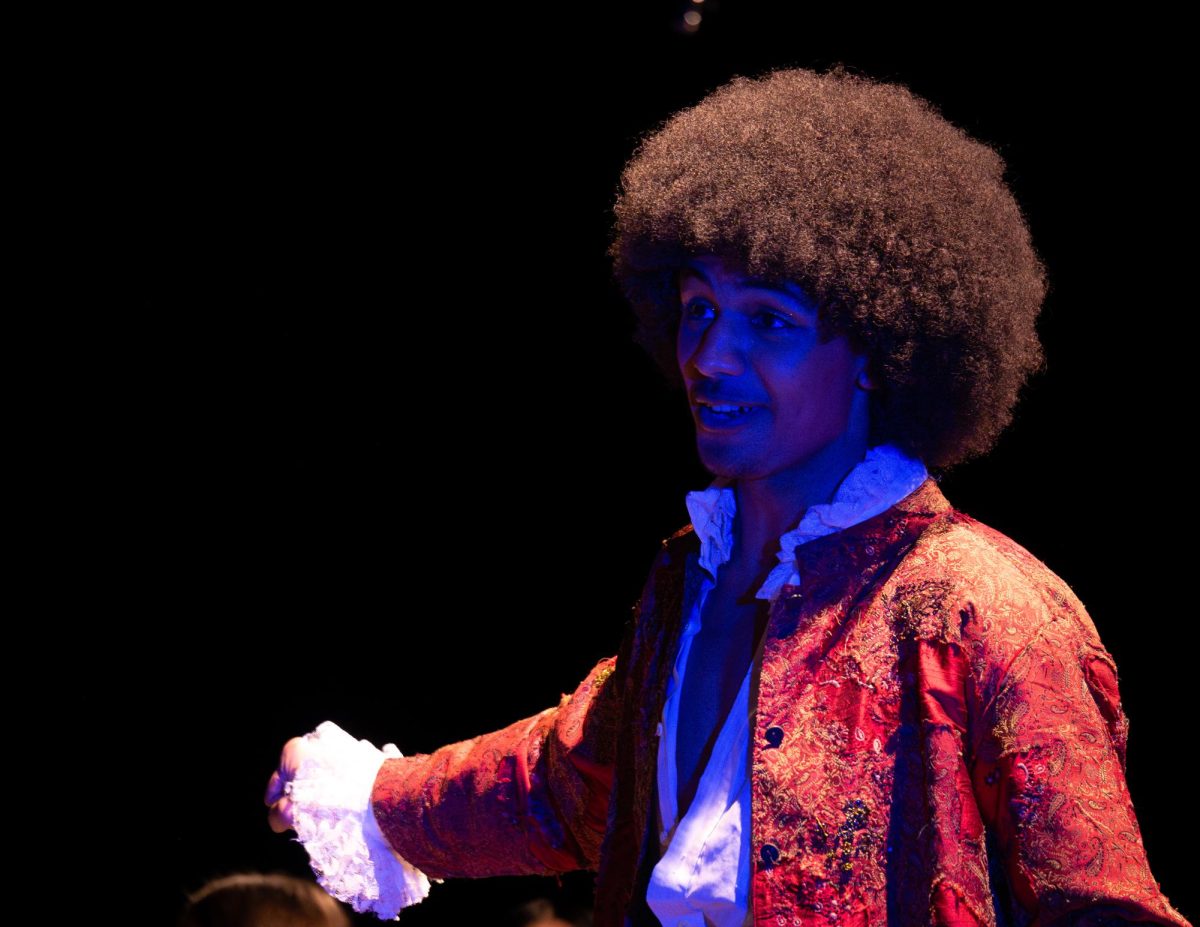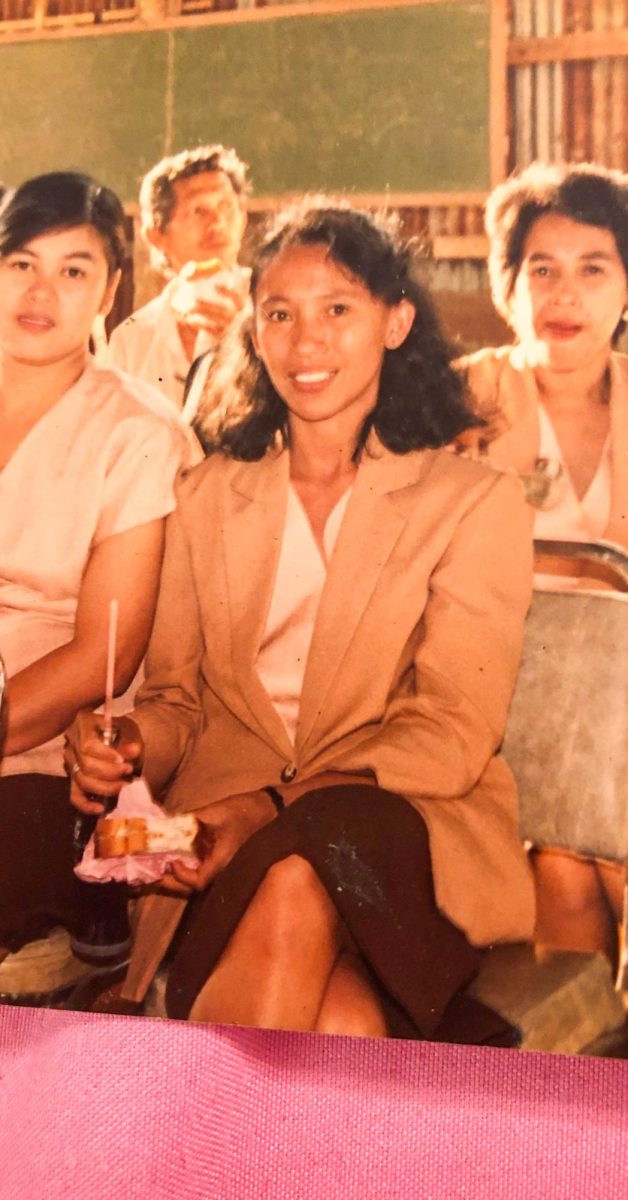Driven by a fascination with world languages and an unfulfilled future, young Alreign Bauzon sets his sights on Spain.
But the Spanish and French teacher’s international adventures don’t end there. He chooses to study yet another language just south of the equator — in Brazil.
A student at the University of Texas at Austin, Bauzon turned to language and culture after realizing that teaching math was not how he wanted to spend the rest of his life.
“I slowly realized that this does not look fun anymore, and I really don’t want to go this advanced in math and have to teach Algebra 1,” Bauzon said. “I ended up choosing language just because [my language teacher] was the one that I remembered the most from high school.”
He was determined to learn Spanish and had “the drive and motivation to learn from scratch.” He came across a study-abroad opportunity and took it, hoping it would help.
“I didn’t realize how many things you also have to learn while actually acquiring the language,” Bauzon said. “A big part was learning different phrases that people use [and] the reasons why they use them. And also just the way their culture works, in general, was a very big part that I just never would have been able to prepare for.”
Bauzon stayed with a host family in Santander, a small city in the Cantabria region of northern Spain. At first, it was hard for him to keep up with everything his hosts were saying, let alone hold a conversation.
“There is a shock period where you’re like ‘Oh my God, I don’t know what’s going on,’ and you’re pretty much mute for a while, just kind of absorbing everything,” Bauzon said. “I remember when I first met my host family and the people there, I was able to understand them fine. I could sit there and keep up with their conversation, but I was not saying anything, and it was just a weird barrier to get through.”
That was his biggest hurdle. But he overcame it and was finally able to communicate and express himself in his new home.
Yet the language wasn’t the only difference he encountered coming from America. From twelve to four every afternoon, Spanish towns would go to sleep in an age-old tradition known as the siesta, or after-lunch nap.
“In smaller towns like Santander, they still follow the siesta culture very, very heavily,” Bauzon said. “And you kind of have to get used to knowing when stores are open. I remember I got sick one time and had to go to the pharmacy, and I didn’t realize that they were closed at certain hours.”
In 2018, Bauzon took part in a second study abroad program, this time to study Portuguese in Brazil. He doesn’t use Portuguese as often, but the experience stayed with him regardless.
“Brazilians are very friendly, and their personal space bubble is a lot smaller than Americans,” Bauzon said. “So they get really up close and personal, even if it’s somebody they don’t know that well. And the amount of slang that I had to learn in Brazil was also another shock. The way they speak was just so different from how we learned it in school.”
Junior Jeronimo Parra Marin said he thinks Bauzon’s experiences with having to learn a language makes for a beneficial teaching style.
“For most, learning a new language is a very mentally demanding activity,” Parra Marin said. “[Bauzon] would be more understanding with the struggles of learning it and wouldn’t be quick to assume that his students lack motivation.”
Sophomore Crishlea Paula Bognot also said she thought his experience learning as a non-native speaker allows him to know what a student goes through while trying to master a language.
“Mr. Bauzon’s teaching is different than a native Spanish speaker because Spanish isn’t his first language, so he understands and is able to connect with how students feel when they struggle learning in Spanish,” Bognot said. “He’s also more capable of giving them effective advice and teaching them at their pace.”
Now as a teacher of multiple advanced Spanish and French classes, Bauzon believes study abroad programs are the best way to truly master a language and the culture that comes with it.
“A lot of them ask, ‘How do I actually learn the language? How can I speak it better?’” Bauzon said. “I always recommend to them, ‘If you ever get the chance, you need to study abroad.’”
Reflecting on his initial hesitation to travel, he has a single piece of advice to give to students, regardless of their language learning stage.
“Don’t be afraid to try it, and even if you’re not comfortable with your language level, don’t be afraid to go,” Bauzon said. “It will click eventually. The more you’re there, and the more you meet people, the more people you’ll meet who are willing to help.”


